“The investigations carried out by the council show that Dr. Mosaddeq does not have the qualifications for being discussed in the council’s Naming Committee because his views and thoughts are not acceptable to Iranian officials,” committee director Masumeh Abad told the Persian service of CHN on Monday.
However, she said that a group of experts is still studying the matter.
According to Abad, such a proposal can be made by district councils, municipality districts, legal entities, and individuals.
The proposal to rename Tehran’s Kaaj Street after Mosaddeq was put forward by a group of reporters in early August.
A proposal to name a street near Tehran’s Kalej Crossroad Mosaddeq Street was rejected by Tehran’s first city council, which was in office from 1999 to 2003.
The latest proposal was welcomed by reformist council members Ahmad Masjed-Jamei, Masumeh Ebtekar, and Mohammad-Ali Najafi.
Najafi described himself as a supporter of the proposal, saying, “Dr. Mosaddeq is a national figure… and provided great services to the country… It is impossible to delete his name from the history of Iran.”
“Dr. Mosaddeq was one of the influential figures of contemporary Iranian history,” Masjed-Jamei noted.
“From one point of view, he opposed despotism when he joined (Ayatollah Seyyed Hassan) Modarres in his struggle against Reza Shah. He was also an anti-colonialist when he struggled alongside some clerics against Britain,” he explained.
The conservative members of the council raised no objections to the proposal, although some of them declined to comment on it.
It is obvious that naming an urban locale after a national figure is not a complicated process since the Tehran City Council named a square in Rey, a Tehran suburb, after Hadi Saei after he won a gold medal in taekwondo for Iran at the Beijing Olympics.
Mohammed Mosaddeq was prime minister of Iran from 1951 to 1953.
He was previously a member of the National Front Party, a nationalist organization that aimed to end the foreign presence that had established itself in Iran following the Second World War, especially regarding the exploitation of Iran’s vast oil reserves.
As result of his activities in opposition to the exploitation of Iran’s oil reserves, negotiations for higher oil royalties failed on March 15, 1951 and the Iranian parliament voted to nationalize Iran’s oil industry and seize control of the British-owned and operated Anglo-Iranian Oil Company.
In October 1952, Mosaddeq declared that Britain was “an enemy”, and cut all diplomatic relations with the United Kingdom.
Consequently, he was removed from power by Mohammad Reza Pahlavi, the former shah of Iran, and pro-monarchist forces in a complex plot supported by British and U.S. intelligence agencies.
After the victory of the Islamic Revolution in 1979, Tehran’s Pahlavi Street was renamed Mosaddeq Street during the provisional government period. However, it was renamed Vali-e Asr Street not long afterward.
In early 2004, the Egyptian government changed the name of a street in Cairo from Pahlavi to Mosaddeq to facilitate closer relations with Iran.
MMS/HG
END
MNA

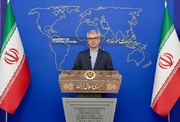
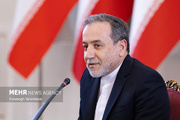

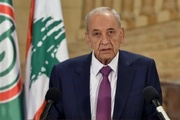
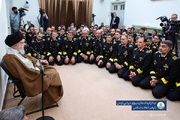
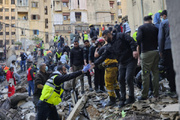
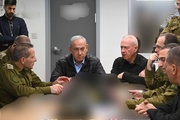
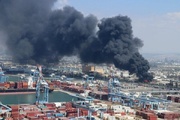
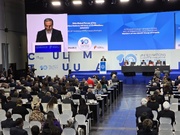



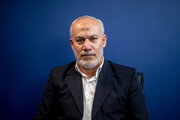
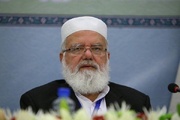
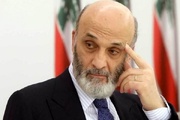
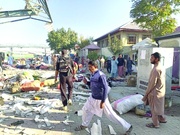
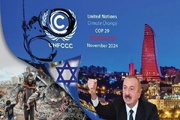

Your Comment